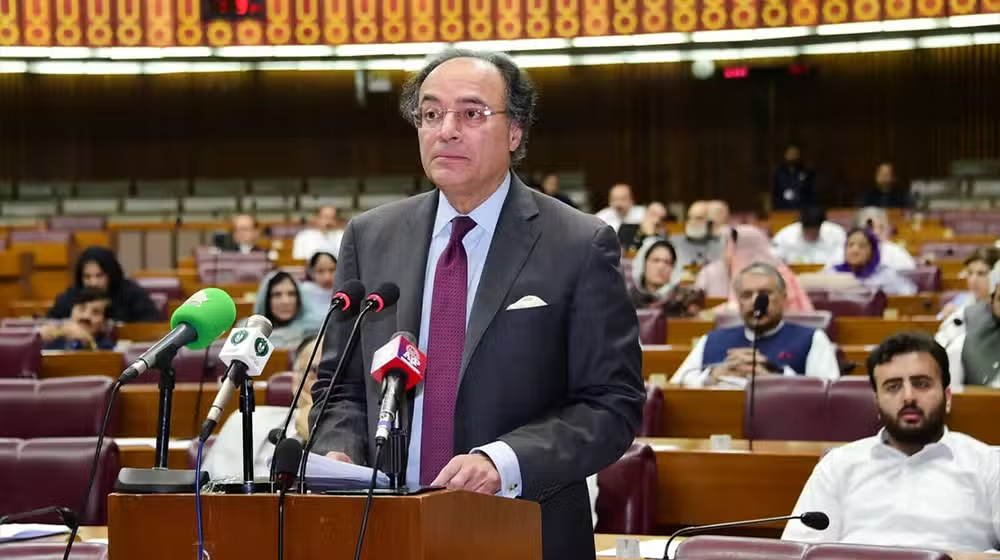Today’s passage of the Finance Bill 2024 by the National Assembly will open the door for a new agreement with the International Monetary Fund (IMF).The National Assembly reconvened at the Parliament House in Islamabad, with Speaker Sardar Ayaz Sadiq presiding over the introduction of the Finance Bill by Finance Minister Muhammad Aurangzeb.With some changes, the House began the process of passing the Finance Bill, 2024, which would implement the federal government’s proposed budget for the year that would start on July 1st, 2024.
The Minister of Finance, Muhammad Aurangzeb, responded to the opposition’s arguments regarding the Finance Bill, 2024, stating that the economy has stabilized.In order to guide the economy toward growth, he reaffirmed the government’s commitment to strengthening the stabilization process.
A staggering Rs. 13 trillion tax revenue target ($46.66 billion) for the upcoming fiscal year a 40% increase from the current year—is one of the budget’s main attractions.
The new taxes include an increase in indirect taxes of 35 percent and an increase in direct taxes of 48 percent. It is anticipated that non-tax revenue, such as petroleum charges, will increase by 64%.
Among the industries most adversely affected by the new revenue measures in the current budget are textiles, leather, cell phones, and real estate capital gains. The salaried class will see an increase in direct taxes on their income in the meantime.5.9 percent of GDP is the target budget deficit for the upcoming fiscal year. According to the budget, economic growth will be 3.6%, and inflation will likely hit 12%.









